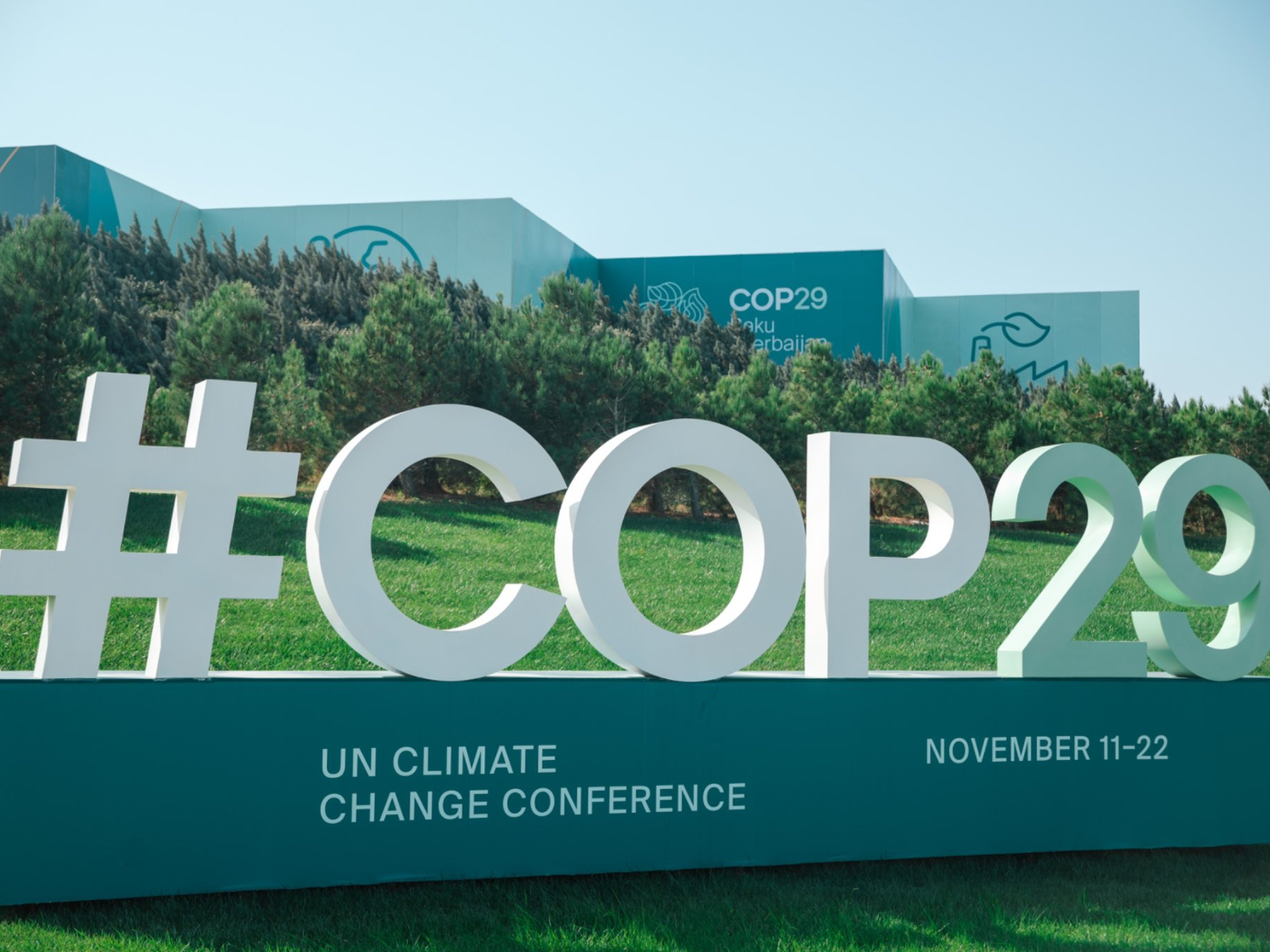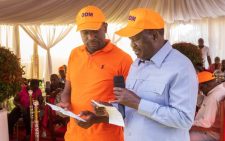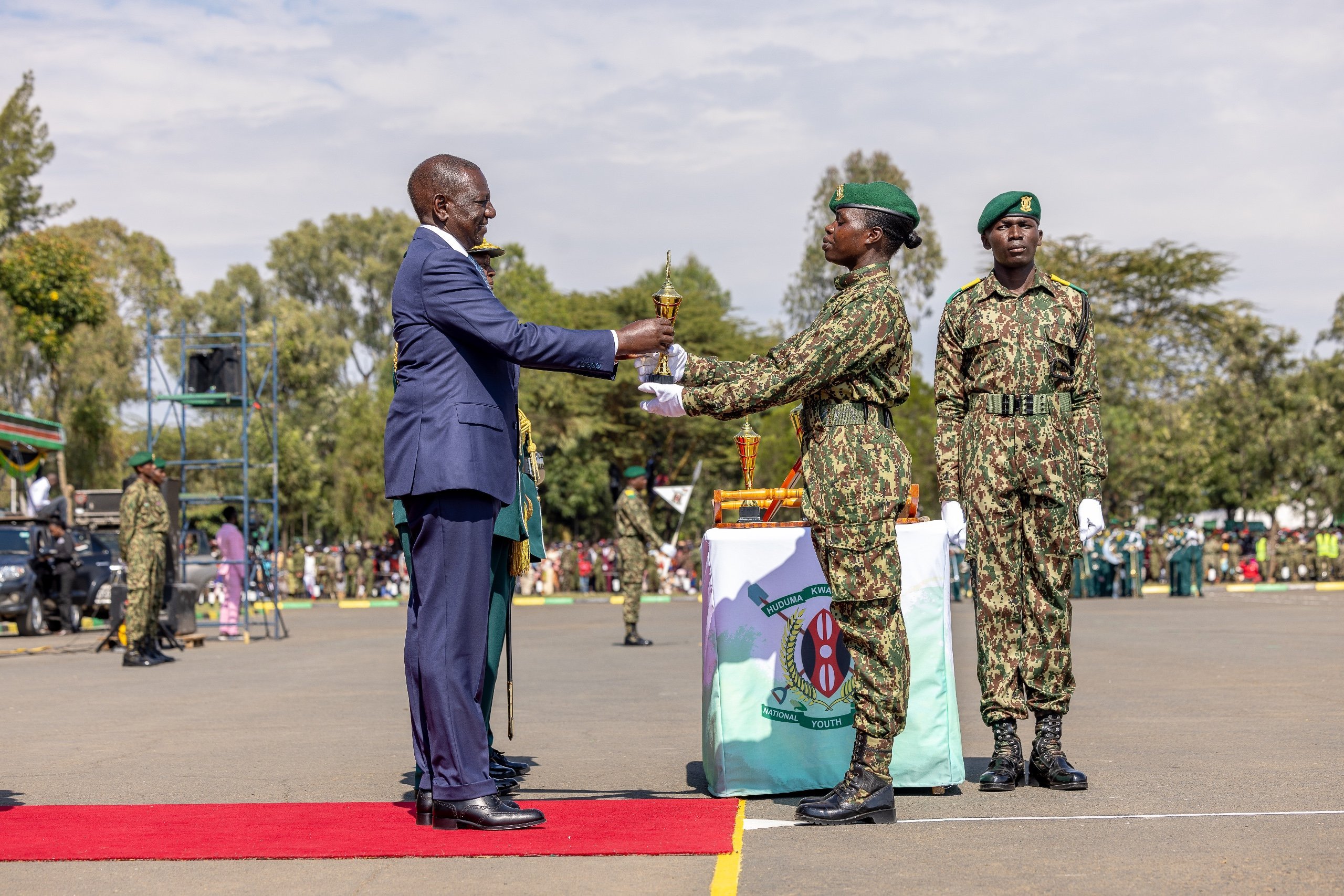New hope for climate finance as G20 signals nod to trillions grant

The world’s biggest economies yesterday gave a rather muted but clearest signal to achieve COP29’s biggest agenda – scaling up climate finance from billions to trillions from all sources.
Meeting in the Brazilian city of Rio de Janeiro, the G20 leaders gave a high-level diplomatic impetus to negotiators at the stalled UN climate talks billed the “Finance COP” in Baku, Azerbaijan, stating that “a successful new finance goal… is in every country’s interest.”
G20’s communique from Rio came as COP29 headed to its conclusion tomorrow amid complex negotiations on new and significantly scaled-up funding for loss and damage and accelerated energy goals dragged on. Some countries dug into their positions while waiting for others to pull back from their own.
The G20 leaders’ response to Baku’s cries for help with unlocking finance talks was “brief and devoid of much detail, buried deep within a 22-page document,” reported the authoritative UK-based Climate Home News. “We look forward to successful New Collective Quantified Goal Outcome (NCQG) in Baku, they simply said.”
But some veteran COP watchers were disappointed by the lack of a more concrete steer, Climate Home continued, saying climate campaigner Harjeet Singh had accused G20 leaders of a “stark failure.”
“Their rehashed rhetoric offers no scale for the fraught COP29 negotiations, where we continue to see a deadlock on climate finance,” he said.
There were high hopes for a more substantial breakthrough out of Rio after Reuters had reported on Monday the communique would mention developing nations’ voluntary contributions to climate finance. However, the wording did not make it into the final version.
While the statement from the world’s leading economies – and biggest emitters – stopped short of explicit reference to ‘transitioning away from fossil fuels’, the other “hot” item on the agenda to which all nations agreed upon at COP28 in Dubai, they “welcomed the balanced, ambitious outcome of those talks.”
UN Framework Convention on Climate Change (UNFCCC) Executive Secretary Simon Stiell who earlier warned against what he called “you-first-ism” said the G20 leaders had also committed to driving forward financial reforms to put strong climate action within all countries’ reach. UNFCCC convenes the annual COP meetings. “It is a clear message to the negotiators at COP29 that do not leave Baku without a successful new financial goal. This is an essential signal in a world plagued by debt crises and spiralling climate impacts, which are wrecking lives, disrupting supply chains, and fueling inflation in every economy,” said Stiell, the UN climate chief.
Sustainable development
UN Secretary-General Antonio Guterres was in Rio to participate on discussions on sustainable development against poverty, hunger and climate change. Brazil will host COP30 next year in Belem, in the eastern Amazon region. Brazil’s President Luiz Inacio Lula da Silva officially launched the Global Alliance Against Hunger and Poverty alongside 148 members, including 82 countries at the G20 Summit.
“Failure in Baku is not an option. It might compromise ambition in the preparation of the new national climate action plans, with potentially devastating impacts as irreversible tipping points are getting close. The preservation of the Amazon is a case in point, said the UN chief, adding: “Missing the opportunity to reach agreement on a new climate finance deal would inevitably also make the success of COP30 in Brazil much more difficult. I appeal to the sense of responsibility of all the countries around this table to ensure that COP29 will be a success.”
The next 24 hours are crucial in Baku after yesterday’s stocktaking and the iteration of the climate finance text. Meanwhile, African ministers at the negotiating table on climate finance have pushed pack against private finance.
Ministers from Angola, Gambia, Nigeria, Sierra Leone and Zambia said they are demanding public climate finance as compensation for years of injustice caused by countries who have “propelled their economies with fossil fuels.”
Nigeria’s environment minister Balarabe Lawal said “Private investment in Africa is so small that it will not be able to address our issues.” He said he had told EU officials that adding private investments in the finance goal would not work.
Hurdles
Sierra Leone’s Jiwo Abdulai lamented that there are so many “hurdles and roadblocks” in accessing private cash which in any case, he added, could only help fund infrastructure projects but not address the continent’s large adaptation needs.
Developed nations have suggested that private investments should count towards the total sum of the NCQG. The existing $100 billion-a-year target – due to expire in 2025 – includes private finance that is directly linked to public money.
African nations participating in the negotiations at COP29 want “mobilised” private finance to contribute to a new finance goal of $1.3 trillion a year, but they argue “market loans” and “export credits” should be excluded.
Negotiators are currently grappling with three issues at the core of the new climate finance agreement – quality, contributors and quality, according World Resources Institute (WRI) experts.
So how much finance? The Independent High-Level Expert Group on Climate Finance puts developing countries’ need for external climate finance at around $1 trillion a year by 2030, $1.3 trillion by 2035. Within the trillion, they estimate around $500 billion needs to be public finance and around $500 billion private finance.













